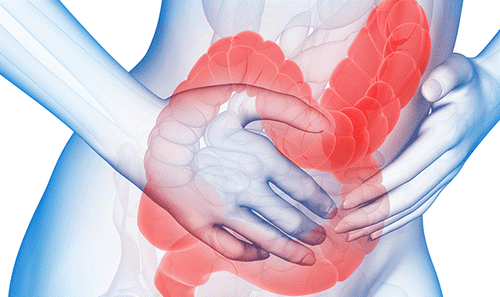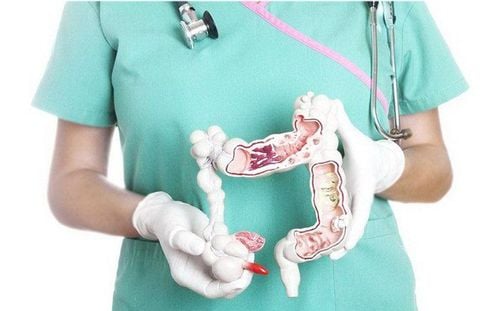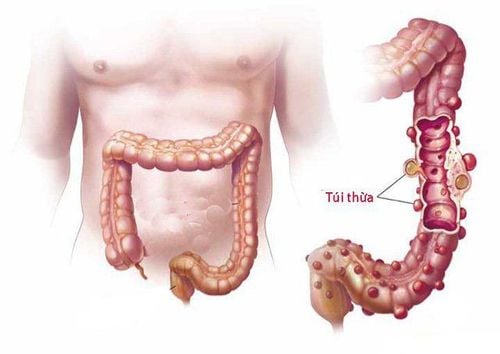This is an automatically translated article.
The article is expertly advised by Mr. Dr. Duong Xuan Loc - Gastroenterologist - General Surgery Department - Vinmec Da Nang International General HospitalFistula anastomosis is one of the possible complications after a surgery to connect two hollow organs in the gastrointestinal tract. This is also one of the scary complications in gastrointestinal surgery, a consequence of anastomosis leading to leakage of fluid from the gastrointestinal tract, prolonging the postoperative care period.
1. What is a fistula?
Anastomosis is a fluid leak from a surgery to join two hollow organs. This situation can lead to emergency surgery, prolonging the postoperative period, risking complications, and increasing treatment costs.
Fistula in gastrointestinal surgery can lead to common complications including: Causing electrolyte disturbances, malnutrition and infection.
Electrolyte disturbances identified by monitoring of arterial blood gases and plasma electrolyte levels within the first 48 hours. Commonly disturbed electrolytes include sodium, potassium, magnesium, and phosphate in cases of complete parenteral nutrition. Bacterial infection: When the fistula connects the digestive tract fluid to the peritoneal cavity, it will cause bacterial infection, peritonitis or possibly the formation of abscesses. Malnutrition is often associated with leaky gut and infection. If frequent infections are repeated, malnutrition cannot be improved. The harmful effects of anastomosis after gastrointestinal surgery:
Patients are at risk of having to have surgery again This complication increases the risk of death after surgery Patients have to stay in the hospital longer, recovery time Prolonged Thus increasing the cost of treatment
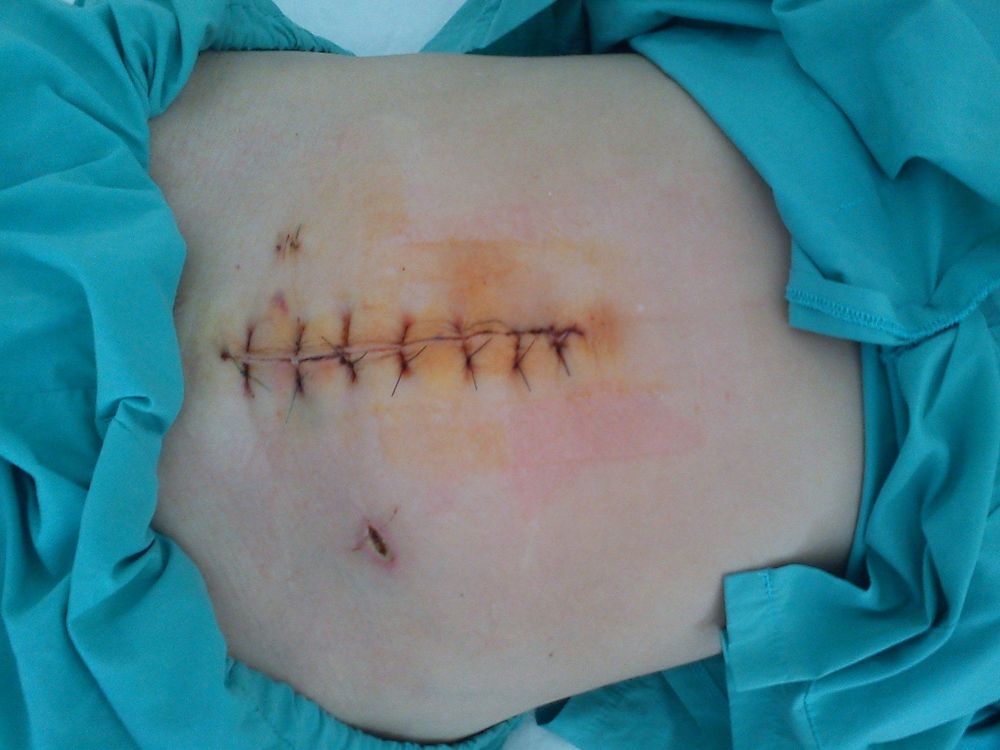
Dò miệng nối trong phẫu thuật tiêu hóa có thể dẫn đến nhiều biến chứng
2. Causes of leaky joints
Fistula can be encountered in surgery in the gastrointestinal tract such as: Gastric bypass surgery, intestinal resection, treatment of congenital esophageal stricture, surgery to treat congenital double bowel... But the rate is high. The incidence of patients with anastomosis is common in gastric and small bowel surgery because of the anatomical, physiological and pathological features of this segment.
In patients with congenital esophagectomy according to the study, anastomosis may occur in about 15-20% of the total number of patients, however, fistulas are usually small, can heal on their own and occur early in life. the first 48 hours.
Causes and factors related to anastomosis include:
Anastomosis is a complication that often occurs when the patient is not well prepared, has emergency surgery, or the patient has received radiation therapy before. , the condition of elderly patients with chronic heart and lung diseases, diabetes. Surgical site, surgery in the duodenal and stomach positions, the risk of leakage is high, due to the high pressure of gastric juice and pancreatic juice. Poor nutritional status, exhausted body plays a major role in the gastrointestinal tract not healing, long healing. Patients with severe infections after surgery, there is a phenomenon of formation of abscesses... Ischemia at the anastomosis due to constricted blood vessels or suture techniques. The technique and experience of suturing the two parts of the gastrointestinal tract are also very important. The joint is not good, making the joint not closed.
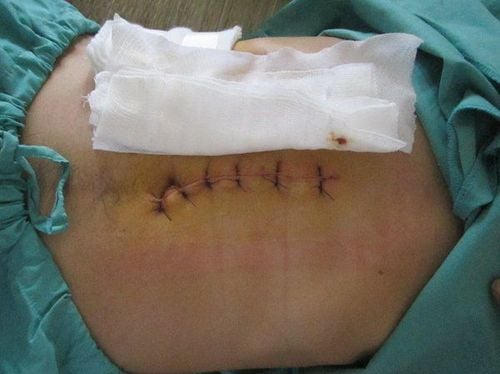
Rò miệng nối có thể gặp trong các phẫu thuật ở đường tiêu hoá
3. Clinical signs of anastomosis
Some signs to recognize the condition of anastomosis after surgery:
Patients after surgery appear abdominal pain, pain points are not clear, there is peritoneal reaction, abdominal wall spasticity. Signs of infection appear: The patient has a low-grade fever to high fever, accompanied by dry lips, dirty tongue, bad breath, haggard face, fatigue, rapid pulse. Manifestations may appear as early as the first 48 hours but are more common from 5-6 days after surgery. Laboratory tests showed infections such as elevated neutrophils, elevated CRP, and elevated erythrocyte sedimentation rate. The degree of symptoms also depends on the degree of fluid leakage and the patient's condition.
4. Treatment of anastomosis
When detecting anastomosis, it is necessary to evaluate the severity of the condition, some positions are difficult to heal naturally such as in the stomach, duodenum, ileum...
For anastomosis fistula In mild cases, the fistula can heal itself, so the treatment includes:
The patient needs to fast. Infusion Use antibiotics Add nutrients intravenously, blood transfusion if necessary. In case of medical treatment but the fistula does not heal on its own, surgery should be performed. For severe degree:
Need to have surgery again Wipe clean the peritoneal cavity In case of forming an abscess, it is necessary to drain the abscess. Check the suture position and handle the leak position.

Mức độ biểu hiện triệu chứng còn tùy thuộc cả vào mức độ rò dịch
Fistula anastomosis is a common complication in some gastrointestinal surgery, especially in cases of gastrointestinal surgery requiring emergency treatment with the connection of two ends of a part of the digestive tract. In addition, the suture technique of the surgeon is also a factor that increases and decreases the rate of anastomosis.
Vinmec International General Hospital with a system of modern facilities, medical equipment and a team of experts and doctors with many years of experience in neurological examination and treatment, patients can completely peace of mind for examination and treatment at the Hospital.
To register for examination and treatment at Vinmec International General Hospital, you can contact Vinmec Health System nationwide, or register online HERE.
MORE
Incisional infection: What you need to know Risk factors for surgical site infection Classification of surgical site infections





